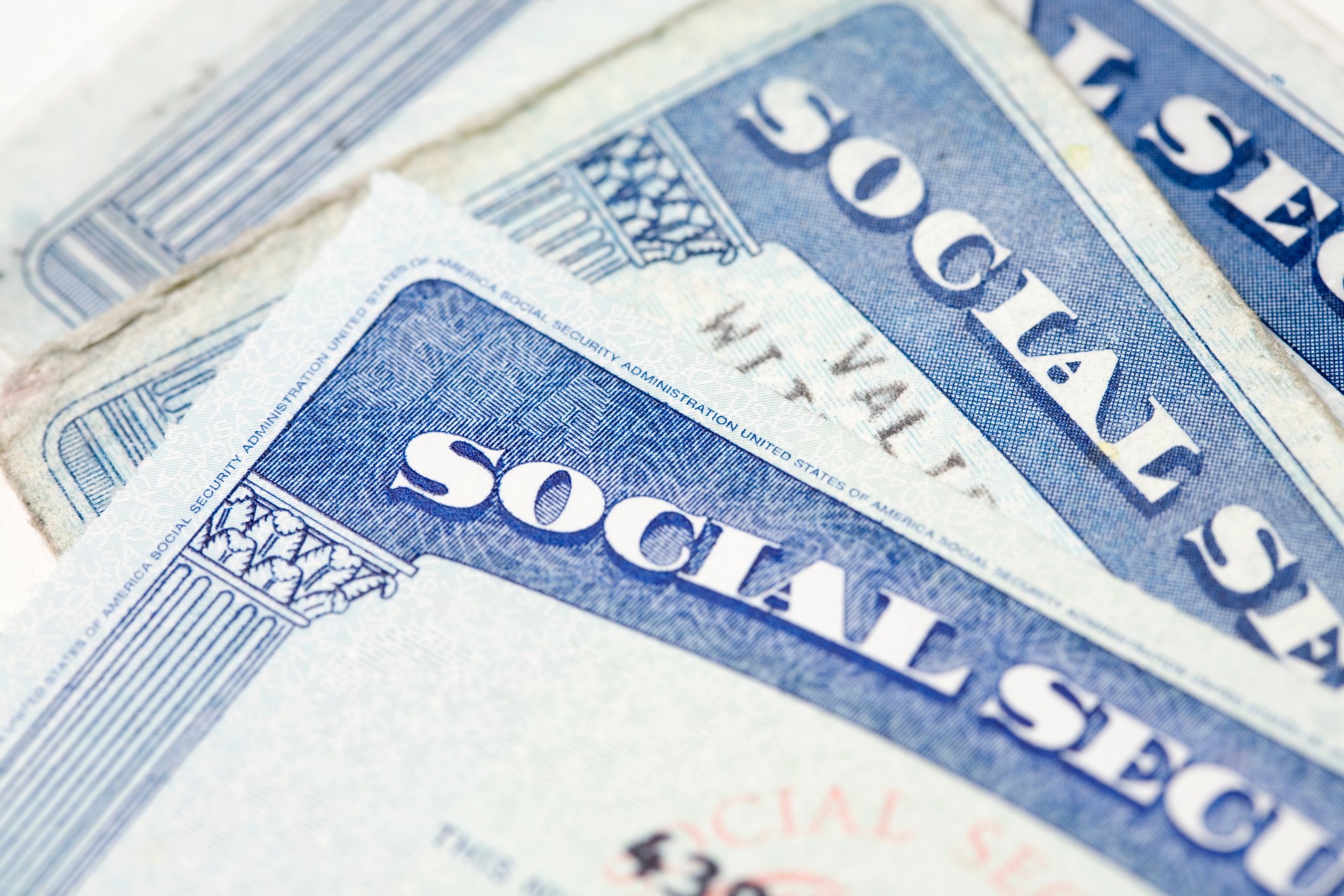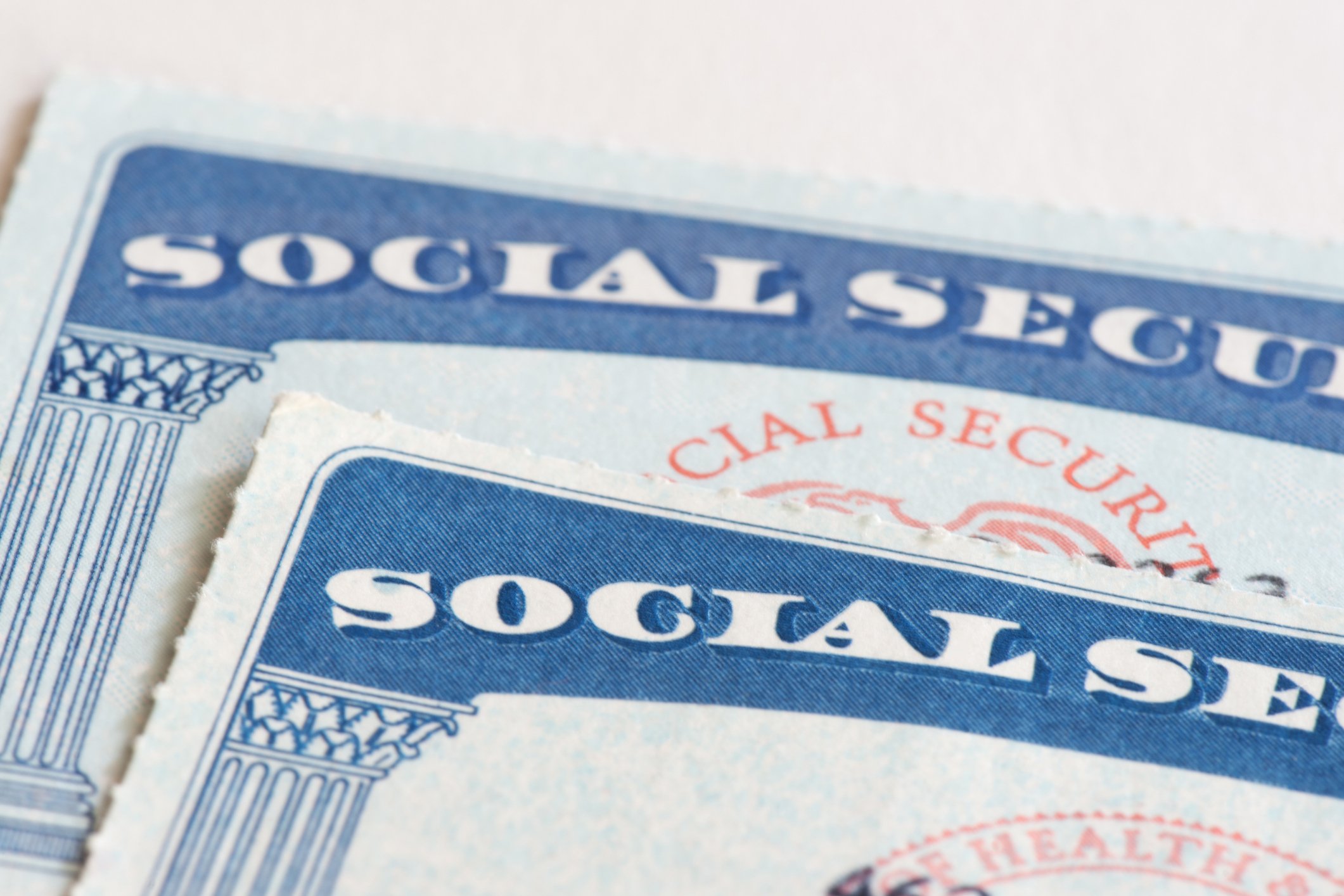Seemingly, the only constant in Social Security is change. Requirements change, thresholds change, and benefit amounts change. Whether the changes are "good" or "bad" depends on individual situations, but one thing is certain: The sooner you begin to expect Social Security changes, the easier it is to adapt accordingly.
If you currently receive Social Security or will be starting it this year, here are five things you should know.

Image source: Getty Images.
The full retirement age has increased
Your full retirement age (FRA) is when you're eligible to receive your base monthly Social Security benefit, called the primary insurance amount (PIA). Beginning in 2025, the FRA has increased to 66 years and 10 months for people born in 1959. This is a two-month increase from the FRA of people born in 1958.
This is important because your monthly benefits will decrease or increase depending on when you claim benefits relative to your FRA. Claiming before your FRA decreases your PIA by 5/9 of 1% monthly, up to 36 months. Every additional month reduces it by 5/12 of 1%.
Delaying benefits past your full retirement age increases them by 2/3 of 1% each month, until you turn 70.
The retirement earnings test limit has increased
If you claim benefits before your FRA, you need to be mindful of how much you earn, because earning over a certain amount will subject you to Social Security's retirement earnings test (RET).
For those who won't reach their FRA in 2025, the earnings limit is $23,400, up $1,080 from 2024. Earning more than that will reduce your annual benefits by $1 for every $2 over. For those reaching FRA this year, the limit is $62,160, up $2,640 from 2024. Earning above that before reaching FRA will reduce benefits by $1 for every $3 over.
If your benefits are reduced for earning over the limit, they won't be permanently lost. Instead, Social Security recalculates your benefits when you reach the FRA in a way that gradually adds back the withheld amount over your lifetime.
Overpayment recovery rates went back to 100%
Previously, when Social Security overpaid a recipient, it could recover 10% of monthly checks until the overpayment was recovered. For instance, if your monthly benefit is typically $2,000, and you accidentally receive $3,000 for one month, Social Security would withhold $200 for five months until it had the $1,000 back. That's no longer the case.
Now, Social Security will return to its previous rule of withholding all of your Social Security payments until the full amount is repaid. If your monthly benefit is $2,000 and you received $1,000 too much ($3,000) by accident, your next monthly check would be $1,000.
If this happens to you, you can appeal the decision or request a waiver as long as you can prove the overpayment wasn't your fault and that paying it back would put you in a bad financial situation.
To appeal an overpayment, fill out this Request for Waiver of Overpayment Recovery form and then fax or mail it to the nearest Social Security branch to your home.
The amount of your income eligible to be taxed has increased
Social Security payroll taxes are 12.4% (6.2% from both the employer and employee). Luckily, not all income is subject to Social Security payroll taxes, because Social Security sets a limit on the amount of your income (called the "wage base limit") eligible to be taxed. The wage base limit in 2025 is $176,100, up from $168,600 in 2024.
This change is especially noteworthy for higher earners because you may pay more in Social Security payroll taxes than you did in 2024. For example, if you earned $170,000 in 2024, $1,400 would've been exempt from the taxes. However, this year, the full amount is subject to the tax.
This change is always noteworthy for those aiming to achieve the maximum Social Security benefit because you need to earn at least the wage base limit for 35 years to be eligible.
Identity verification procedures have gotten stricter
As of April 14, the Social Security Administration (SSA) has enacted stricter identity verification procedures. You can make small changes like updating addresses or direct deposit information -- which will now only take one business day instead of up to 30 days -- via your account on the SSA website.





